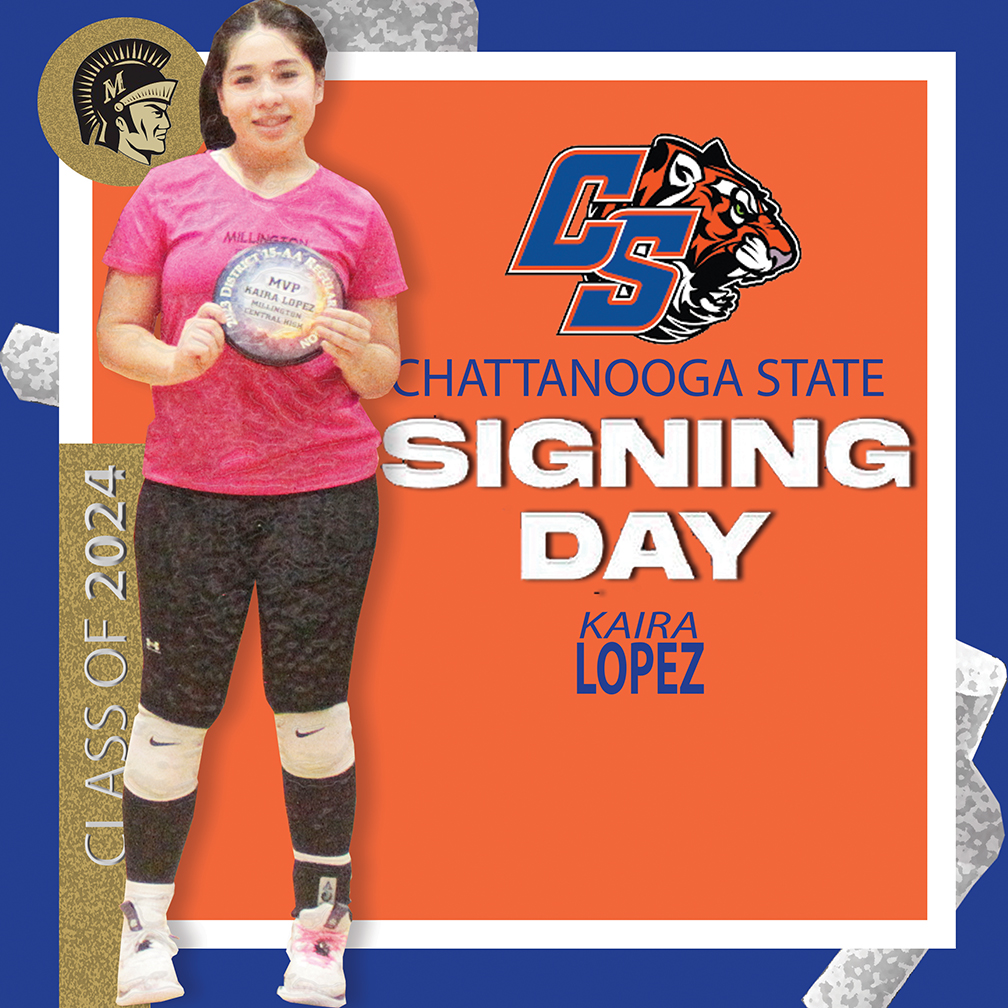By David Peel
There are many parts of car insurance. While there are many, including Rental, Guaranteed Value and Gap coverages, the five (5) main coverages we need to understand follow.
COVERING OTHERS: LIABILITY COVERAGE
You are required to purchase at least the minimum amount of liability coverage, usually just $25,000 per person and $50,000 total per crash. This is hardly enough and has not been raised since 1977 in Tennessee. Bodily injury liability pays for another person’s injuries if you are at fault, whether they are riding with you, a pedestrian or an innocent driver. Property damage liability covers damage you cause to another person’s vehicle.
COVERING YOUR CAR 1: COLLISION COVERAGE
If you hit another vehicle, fence, pole, etc. it will repair or replace your car (up to its value and minus your deductible). Collision coverage is required by lenders who have a lien on the car.
COVERING YOUR CAR 2: COMPREHENSIVE COVERAGE
Comprehensive pays for the car damage from basically except collisions—such as fire, hail, falling tree limbs, theft, and vandalism.
COVERING YOU AND YOURS 1: MEDICAL PAYMENTS COVERAGE
If you, your passengers or family members who are in the insured vehicle are injured in an accident, medical payments coverage pays up to limits (usually $5,000) for hospital and doctor bills.
COVERING YOU AND YOURS 2: UNINSURED AND UNDERINSURED MOTORIST COVERAGE
This is needed! Uninsured, unknown, and underinsured drivers cause the most crashes. This only pays you, your family and your passengers in those common cases, including if your child is with another driver or is a pedestrian! When hit by a driver who doesn’t have insurance, uninsured motorist coverage essentially covers the other driver, and you make your claim. When hit by an underinsured driver, that means they have car insurance, but their liability limits aren’t enough to cover your resulting claims underinsured motorist coverage insures for up to the limits you selected. Almost always, these must match your liability limits. I recommend at least $100,000 per person. Yes, this means you make your claim against your own company. No, they cannot cancel you or raise your rates.
Peel seeks justice for those injured in truck, motorcycle, and car crashes. He often addresses churches, clubs and groups without charge. Peel may be reached through PeelLawFirm.com wherein other articles may be accessed.





